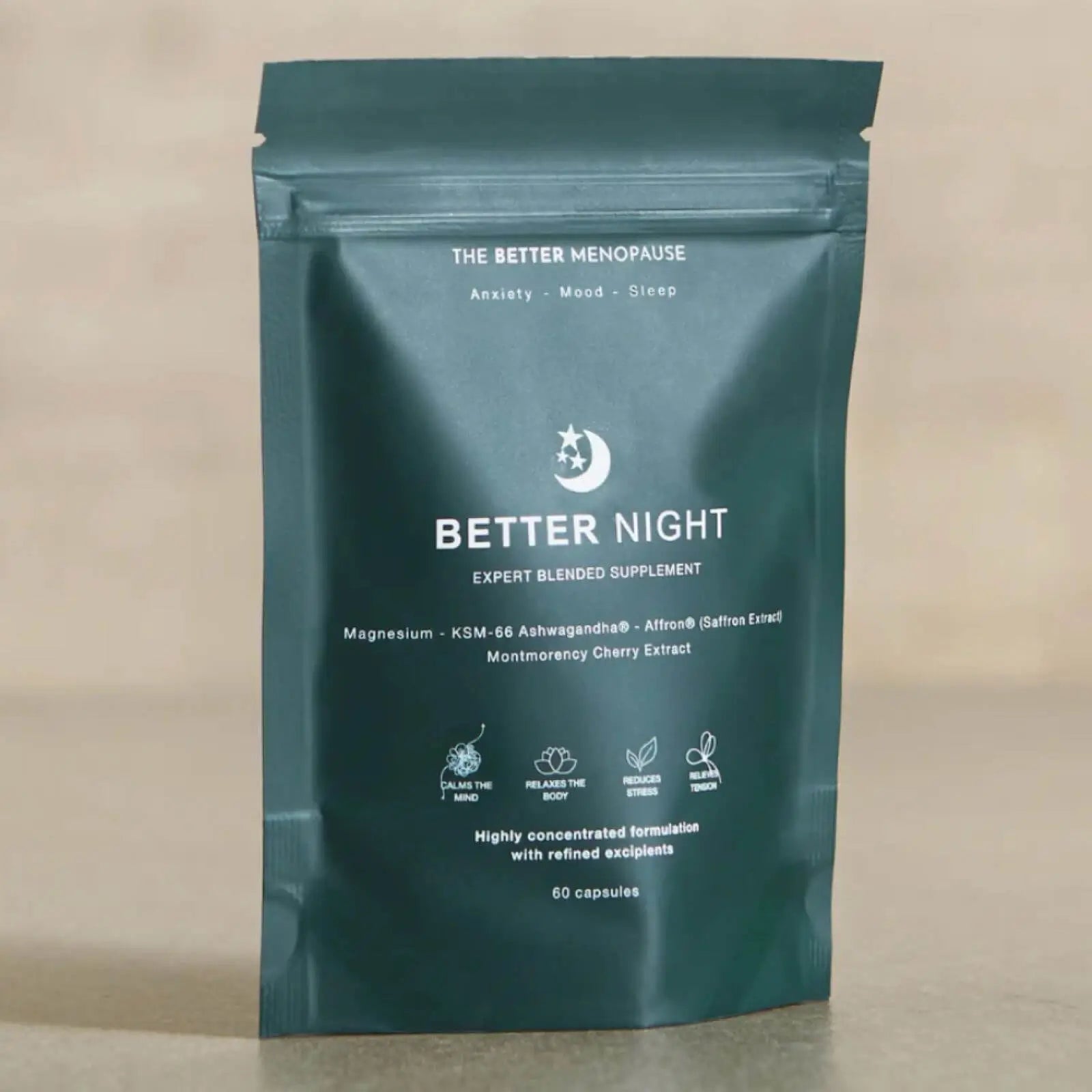
The Connection Between Perimenopause and Inflammation: A Guide to Understanding and Managing Symptoms
Perimenopause is a natural phase in a woman's life that occurs several years before menopause, marking the transition from reproductive to non-reproductive years. During this period, women experience hormonal fluctuations that can lead to a range of physical and emotional changes. Among these changes, inflammation has emerged as a significant factor affecting women's wellbeing. Today we are going to discuss the connection between perimenopause and inflammation, explore the reasons behind it, and offer strategies for managing its impact on your overall health.
Understanding Perimenopause
Perimenopause typically starts in a woman's 40s, although it can begin earlier or later for some individuals. It is characterised by fluctuations in oestrogen and progesterone levels as the ovaries begin to produce fewer eggs. These hormonal shifts can lead to irregular menstrual cycles, hot flushes, mood swings, and other symptoms that vary considerably from woman to woman.
The Link Between Perimenopause and Inflammation
Inflammation is the body's natural response to injury or infection, designed to protect and heal the affected area. However, chronic inflammation is a different story. It occurs when the body's inflammatory response persists long after the initial threat has passed, leading to an ongoing cycle of cellular damage. Perimenopause can be a trigger for this chronic inflammation due to hormonal imbalances.
Oestrogen, one of the primary female hormones, plays a role in regulating the immune system and controlling inflammation. As oestrogen levels decline during perimenopause, the body's ability to regulate inflammation may become compromised. This imbalance can lead to a variety of health issues, such as increased risk of cardiovascular disease, joint pain, gut dysbiosis and metabolic disturbances.
Managing Inflammation during Perimenopause:
While the hormonal changes during perimenopause are inevitable, there are several lifestyle adjustments that women can make to manage inflammation and alleviate related symptoms. Here are some tips to consider.
- Balanced Diet: Follow a diet rich in fruits, vegetables, whole grains, and healthy fats like those found in avocados and nuts. These foods contain anti-inflammatory properties that can help counteract the effects of inflammation.
- Regular Exercise: Engaging in regular physical activity can have anti-inflammatory effects on the body. Activities like walking, swimming, or yoga improve overall health, reduce inflammation and promote emotional wellbeing during perimenopause and beyond.
- Stress Management: High levels of stress can exacerbate inflammation. Practising relaxation techniques such as meditation, deep breathing exercises, or mindfulness can help manage stress and reduce inflammation.
- Omega-3 Fatty Acids: Incorporate foods rich in omega-3 fatty acids, such as fatty fish (salmon, mackerel), chia seeds, and flaxseeds, into your diet. Omega-3s have been shown to have anti-inflammatory properties.
- Sleep Hygiene: Prioritise good sleep habits. Lack of quality sleep can increase inflammation and worsen perimenopausal symptoms. Create a calming bedtime routine and aim for 7-9 hours of sleep each night.
- Avoid Triggers: Identify and remove exposure to potential triggers of inflammation, such as smoking, excessive alcohol consumption, and processed foods that are high in refined sugars and unhealthy fats.
- Hormone Therapy: For some women, hormone therapy prescribed by a healthcare professional may help alleviate perimenopausal symptoms and balance hormone levels, potentially reducing inflammation.
Perimenopause is a natural phase in a woman's life, but the hormonal fluctuations it brings can lead to inflammation and related health issues. Understanding the connection between perimenopause and inflammation empowers women to take charge of their wellbeing by adopting a healthy lifestyle and seeking appropriate medical guidance when needed. By making informed choices and incorporating anti-inflammatory practices into their daily routine, women can navigate perimenopause with greater ease, embracing this new chapter of life with confidence and vitality.


